Regulatory Compliance Is One of Healthcare’s Highest-Stakes Responsibilities
Healthcare organizations face constant oversight from:
- CMS (Medicare/Medicaid)
- Commercial payers
- State regulators
- Accreditation bodies
- Legal and risk departments
- Internal auditors
Yet most compliance issues stem from the same operational gaps:
- Missing or inconsistent documentation
- Incorrect coding
- Incomplete prior authorizations
- Eligibility errors
- Untracked payer requirements
- Poor data quality
- Lack of auditable workflows
These gaps expose organizations to:
- Denials
- Recoupments
- Fines
- Contract risks
- Delayed payments
- Lawsuits
- Reputation damage
AI automation — especially enterprise-grade platforms like Honey Health — reduces this risk dramatically by standardizing workflows, improving accuracy, and creating auditable, compliant processes.
Here’s how automation strengthens compliance across the entire organization.
1. Ensuring Documentation Completeness Before Billing
Incomplete or inconsistent documentation is a major source of compliance failures.
Automation solves this by:
- Reading clinical notes
- Flagging missing required elements
- Ensuring E/M documentation supports coded levels
- Checking that CPT and ICD-10 codes align
- Verifying that documentation supports medical necessity
- Alerting providers about missing information
Impact:
Documentation is complete, accurate, and consistent before it ever reaches billing.
2. Creating Automated Audit Trails Across All Workflows
Every action performed by automation — and every human interaction — is logged.
Audit trails track:
- Who accessed PHI
- Document ingestion and classification
- PA submission steps
- Coding suggestions
- Workflow handoffs
- Edits, comments, and exceptions
- Payer requests and responses
Impact:
Organizational leaders can prove compliance at any moment, with complete transparency.
3. Enforcing Consistent, Standardized Processes Across Sites
Compliance breaks down when workflows vary across clinics, teams, or EHRs.
Automation fixes this by:
- Standardizing intake
- Standardizing referral handling
- Standardizing prior authorization workflows
- Standardizing documentation quality checks
- Standardizing coding and billing readiness
Impact:
Every site operates using the same compliant workflow — critical for MSOs and hospital networks.
4. Reducing Payer Policy Errors Through AI Intelligence
Payer requirements change constantly, which leads to:
- Incorrect authorizations
- Wrong documentation
- Mismatched codes
- Untimely submissions
Automation uses AI to:
- Understand payer-specific rules
- Apply updates automatically
- Ensure correct documentation is attached
- Confirm correct CPT/ICD combinations
- Flag mismatches that would trigger audits
Impact:
Fewer compliance violations caused by outdated or misunderstood payer rules.
5. Preventing Eligibility and Authorization-Related Compliance Issues
Eligibility and authorization requirements are highly regulated.
Automation ensures:
- Eligibility is checked automatically
- Benefits are extracted accurately
- Referral and authorization requirements are met
- Expired authorizations are flagged
- Unit limits and time windows are validated
Impact:
Fewer compliance findings and denials caused by front-end errors.
6. Strengthening Coding Accuracy With AI Validation
Coding is one of the most regulated aspects of healthcare.
Automation improves accuracy by:
- Auto-suggesting compliant CPT and ICD-10 codes
- Flagging unsupported codes
- Ensuring documentation supports billed levels
- Identifying missing modifiers
- Checking for NCCI and payer-specific edits
Impact:
More accurate claims, fewer coding errors, and reduced audit risk.
7. Ensuring Compliance With PHI Handling and Data Security
AI automation platforms like Honey Health provide:
- HIPAA compliance
- SOC 2 Type II certification
- End-to-end data encryption
- Zero-trust authentication
- Role-based access controls
- Secure audit logs
- Segmented environments
Impact:
Organizations strengthen data security and reduce PHI exposure.
8. Real-Time Compliance Dashboards
Automation platforms surface compliance risks instantly, including:
- Missing documentation
- Coding inconsistencies
- Authorization gaps
- Eligibility errors
- Payer rule violations
- Delayed submissions
- Overdue audit responses
Impact:
Compliance issues are addressed proactively — not during a payer audit.
9. Faster, Easier External Audits
When an audit occurs, organizations must produce:
- Documentation packets
- Authorization records
- Eligibility verification
- Coding justification
- Claim histories
- Workflow logs
With automation:
- All records are structured
- All workflows are logged
- All documentation is complete
- Audit packets can be generated automatically
Impact:
Audits move from stressful fire drills to routine exercises.
10. Reducing Risk of Recoupments, Legal Issues, and Contract Terminations
Compliance failures can result in:
- Lost revenue
- Damaged payer relationships
- Recoupments
- Penalties
- False Claims Act exposure
Automation dramatically reduces these risks by:
- Eliminating human error
- Enforcing consistent workflows
- Ensuring complete documentation
- Maintaining airtight audit trails
Impact:
Organizations protect revenue and reputation.
The Result: Automation Makes Healthcare Organizations Audit-Ready 24/7
With AI automation, organizations experience:
- 30–50% fewer documentation-related issues
- 40–60% fewer coding inconsistencies
- 50–80% more complete audit packets
- Near-zero manual tracking for compliance
- Faster audit turnaround times
- Lower regulatory and payer risk
Automation doesn’t just support compliance — it operationalizes it.
Why Honey Health Is the Compliance Engine for Modern Healthcare
Honey Health delivers healthcare-grade compliance by:
✔ Enforcing documentation standards
✔ Ensuring coding accuracy
✔ Supporting payer-specific rules
✔ Building immutable audit trails
✔ Standardizing workflows across sites & specialties
✔ Automating eligibility & authorization checks
✔ Providing security at enterprise scale

